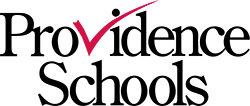Esquema de tópicos/temas
-
Humans are a collection of identities that shape our perspective which influences our behaviors, actions and words. The goal of Equity and Belonging University is to assist individuals in broadening the lens through which they see the world and interact with others; in turn when we all embrace diversity, equity and inclusion, we all flourish!


